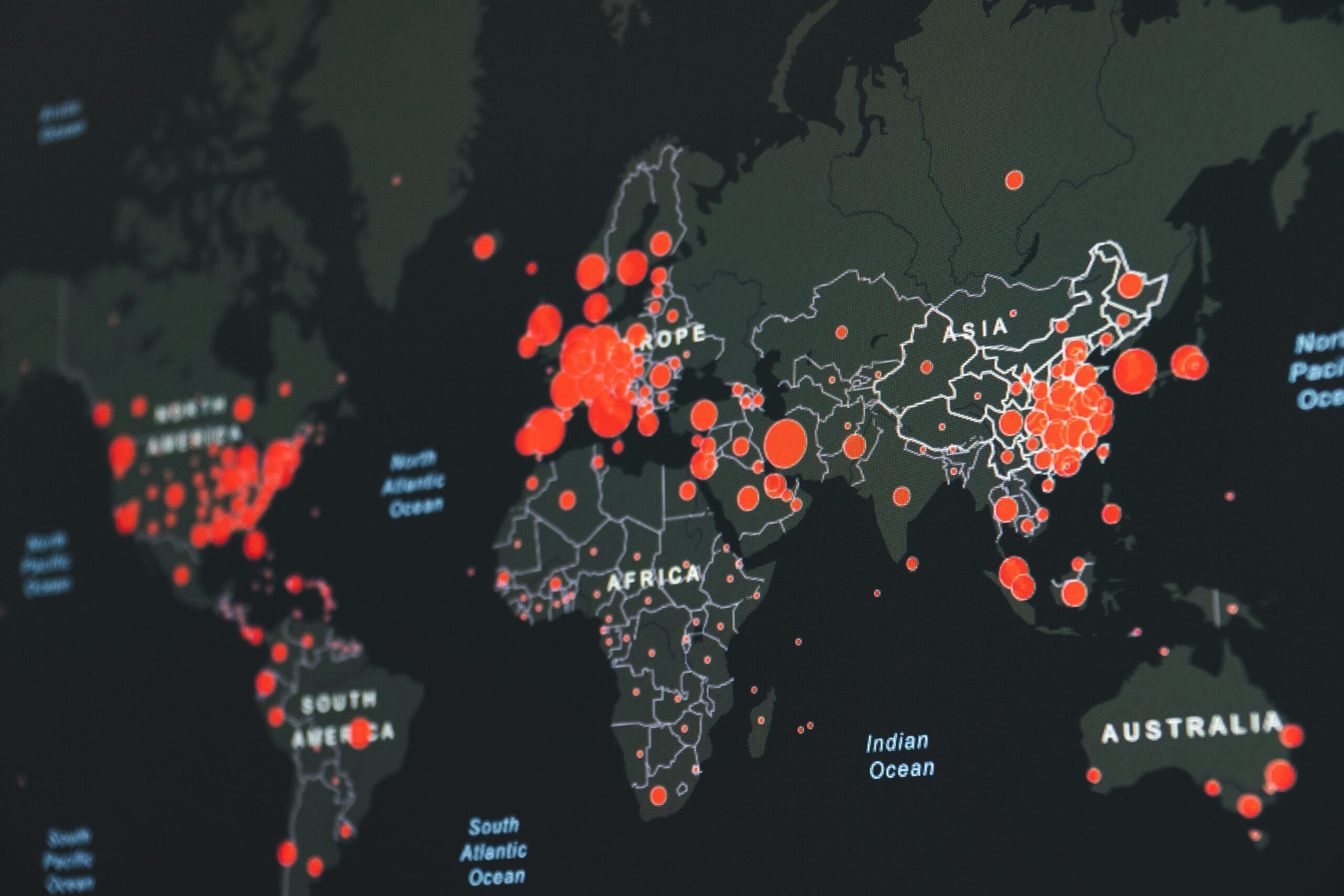China’s pledge at the Forum on China–Africa Cooperation (FOCAC) to promote non-resource imports from Africa offers a unique opportunity for the continent to align its trade strategy under AfCFTA to support intra-African trade.
China’s foreign ministry has pledged to “promote non-resource product imports from Africa” and move “towards balanced trade relations.” The AfCFTA, meanwhile, is lowering trade barriers between African countries and setting the conditions, assuming diplomatic goodwill and appropriate investment, for the creation of sophisticated value chains within the continent.
However, China’s engagement with the trade pact has so far been limited – in contrast to other development partners such as the EU and the UK. Despite being Africa’s primary trading partner, China’s only formal contribution has been to set up an expert group to foster knowledge exchange on trade-related topics.
The FOCAC, therefore, gives African leaders the chance to try to steer Chinese support to align with this free trade area. This would bolster Africa’s internal trade and wealth creation, creating more value-added products.
To achieve this, African leaders should focus on asking China for three key requests:
- Investment in the value chains they have prioritized
- Better targeted infrastructure development
- A broader shift towards multilateral, rather than bilateral engagement
Building priority value chains
The AU has identified several sectors where African businesses can build profitable cross-border value chains under AfCFTA: agro-processing, automotive, pharmaceuticals, and transportation and logistics. China is already investing in some of these sectors.
For instance, the Chinese company Fosun Pharma is planning to set up the production of antibacterial and antimalarial medicines in Cote d’Ivoire, with the support of the International Finance Corporation. BYD Auto, the world’s largest producer of electric vehicles, has long been rumored to have plans to set up plants in Morocco.
Nevertheless, these investments don’t yet meet the ambition of AfCFTA. Fosun Pharma’s project involves only Cote d’Ivoire, rather than cross-border value chains as envisioned by the trade pact. African leaders could ask Chinese companies to consider investing not only in assembly but also in manufacturing components in Africa.
For China, this would be a novel approach. Private companies, forming the bulk of Chinese manufacturing investors, are generally independent from the Chinese government, which has little control over them. To direct their investment towards specific sectors, therefore, Chinese authorities would need to deploy incentives rather than commands.
Cross-border value chains won’t reach their full potential unless the right infrastructure is in place, and this is also an area where China could help.
‘Small and beautiful’ infrastructure
Chinese infrastructure hasn’t always facilitated intra-African trade. For example, the Entebbe-Kampala Expressway, the best-known investment in Uganda under the Belt and Road Initiative (BRI), connects the country’s main airport to the capital city. The Nairobi Expressway serves a similar function in Kenya.
These pricey infrastructure investments are useful to elites who travel internationally but do little to support their countries’ industries. Similarly, railway projects (which have been supported by China and Western countries) tend to run from mines to ports, encouraging raw materials to be exported globally rather than processed within Africa.
In fairness, much Chinese infrastructure in Africa has served useful purposes for industry, including power generation and improved transport links. But a more deliberate approach towards production and trade could achieve a lot more.
As with sectoral investment, this would require a change in China’s current approach. Usually, decisions on what infrastructure is to be built and financed are based on the country’s overall needs, rather than projects that would specifically contribute to domestic trade and industrial processing.
Still, such a change would align with China’s stated interest in “small and beautiful” infrastructure – intended to finance smaller but more impactful projects compared to the mega-infrastructure of the past.
Shift towards multilateral engagement
Most importantly, African leaders should encourage China to take a continental approach to supporting the AfCFTA at all levels of diplomacy.
Chinese leaders have a marked preference for bilateral, rather than multilateral relations. Even at FOCAC, formally a multilateral forum, “the comparative weight of China’s state capacity effectively dictates 53 pairs of bilateral relationships under a single architecture”, London School of Economics researcher Shirley Ze Yu wrote in 2022.
Reforming the structure of diplomatic engagement will be a big task. But it would help drive the narrative that African leaders want China and other outside powers to approach their continent as a single market, with all the industrial potential and economies of scale that would entail.
Linda Calabrese is a Senior Research Fellow at ODI, a global affairs think tank.
The article first appeared in The Africa Report.
Photo by Martin Sanchez via Unsplash.

